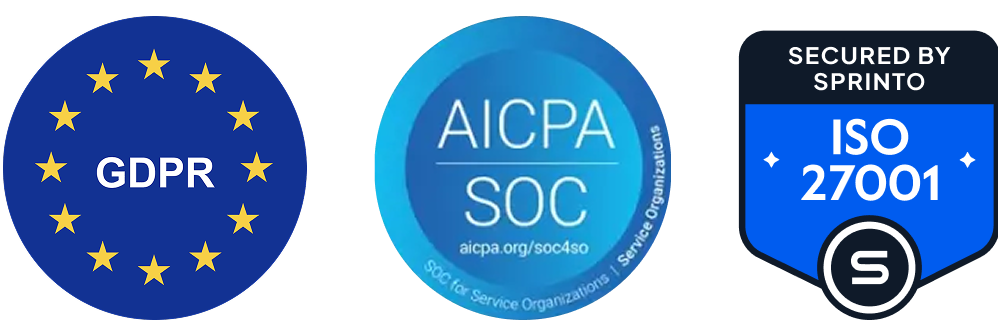1. What is Salesforce Outlook integration, and how does it help sales teams?
Salesforce Outlook integration syncs emails, calendar events, and contacts between Salesforce and Microsoft Outlook, enabling sales teams to manage customer interactions without switching between platforms.
2. How does HubSpot Salesforce integration work?
HubSpot Salesforce integration ensures that marketing leads, deals, and activity data flow seamlessly between HubSpot’s CRM and Salesforce, helping sales and marketing teams align on customer engagement strategies.
3. What are the most common types of Salesforce integrations?
Common Salesforce integrations include CRM, ERP, marketing automation, and project management tools such as Outlook, HubSpot, NetSuite, Mailchimp, Jira, and Asana to centralize operations and improve data accessibility.
4. How does NetSuite Salesforce integration improve business workflows?
NetSuite Salesforce integration connects ERP and CRM data, allowing businesses to share customer, financial, and order information in real time, reducing manual entry and improving reporting accuracy.
5. What are Salesforce integration services, and who needs them?
Salesforce integration services involve connecting Salesforce to third-party systems via APIs, middleware, or custom development, and are ideal for businesses looking to automate workflows, unify data, and enhance productivity.
6. How do Jira and Salesforce integration benefit support and development teams?
Jira and Salesforce integration links customer cases in Salesforce with Jira issues, giving support and development teams real-time visibility into bug reports, feature requests, and issue resolution progress.
7. Can Mailchimp Salesforce integration automate email marketing?
Yes. Mailchimp Salesforce integration allows contact lists, campaign data, and engagement metrics to sync automatically, enabling targeted email campaigns based on Salesforce customer records.
.svg)
.svg)
.svg)



.svg)
.svg)

















